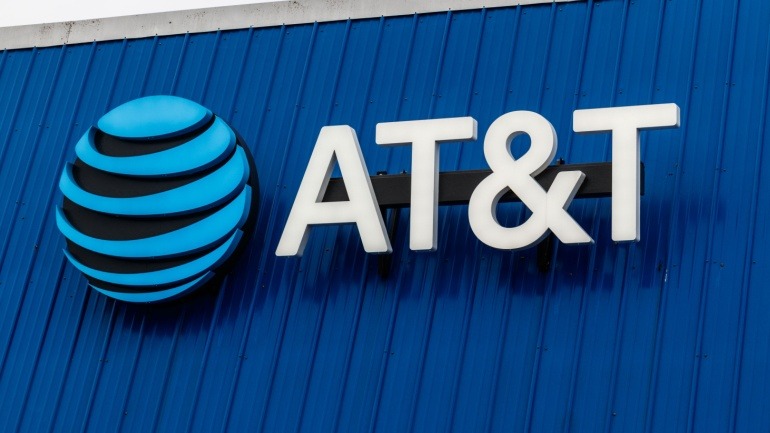Nokia is rapidly transforming its focus, capitalizing on the AI supercycle to elevate its Network Infrastructure unit above the Mobile Networks division. As demand rises for AI-driven IP and optical solutions, Nokia’s enterprise sales soar, with an impressive 30 private 5G deals secured in one quarter.
Google Cloud drove major growth for Alphabet, reporting a 32 percent revenue jump to 13.6 billion dollars and rising enterprise adoption of its AI services. With billion dollar deals doubling and new offerings like Agentspace on the horizon, Alphabet is deepening its investment in infrastructure.
Tata Communications and AWS are teaming up to develop an AI-ready network infrastructure connecting Mumbai, Hyderabad, and Chennai. This high-capacity, low-latency network aims to support AI, 5G, and HPC projects.
AT&T exceeded expectations in the second quarter, gaining over 400,000 postpaid phone subscribers while outpacing Verizon. The company plans major fiber expansion, retiring copper networks and investing billions to reach 60 million locations by 2030, aiming to sustain long term growth and financial stability.
OpenAI and Oracle’s expansion of the Stargate AI infrastructure boosts US capacity by 4.5GW, enhancing computing power to meet soaring AI demands. This ambitious project creates over 100,000 jobs across various sectors, including construction and operations.
TIM is offering Italian customers a year of free access to Perplexity Pro, an AI platform delivering real time answers for daily questions and research. Users gain unlimited searches, voice sessions and document analysis.
OpenAI has struck a deal with the UK government to advance AI development, pledging to invest in research, infrastructure, and public services. The partnership aims to boost economic growth and strengthen Britain’s position as a global AI leader.
Verizon raised its full year earnings forecast after strong service revenue and broadband growth in Q2. Despite losing wireless subscribers, gains in fixed broadband and wireless access helped offset declines.
Meta is pioneering sustainable construction with an AI-optimized concrete, developed in collaboration with Amrize and the University of Illinois. This innovative blend, used in their Minnesota data centers, reduces carbon emissions while meeting structural needs.
Ofcom is cracking down on scam calls that fake UK mobile numbers to deceive people. New rules aim to block spoofed calls from abroad, protecting users from fraud. Despite progress, scammers persist, so experts urge individuals to use call-blocking tools and stay alert to unknown numbers.













